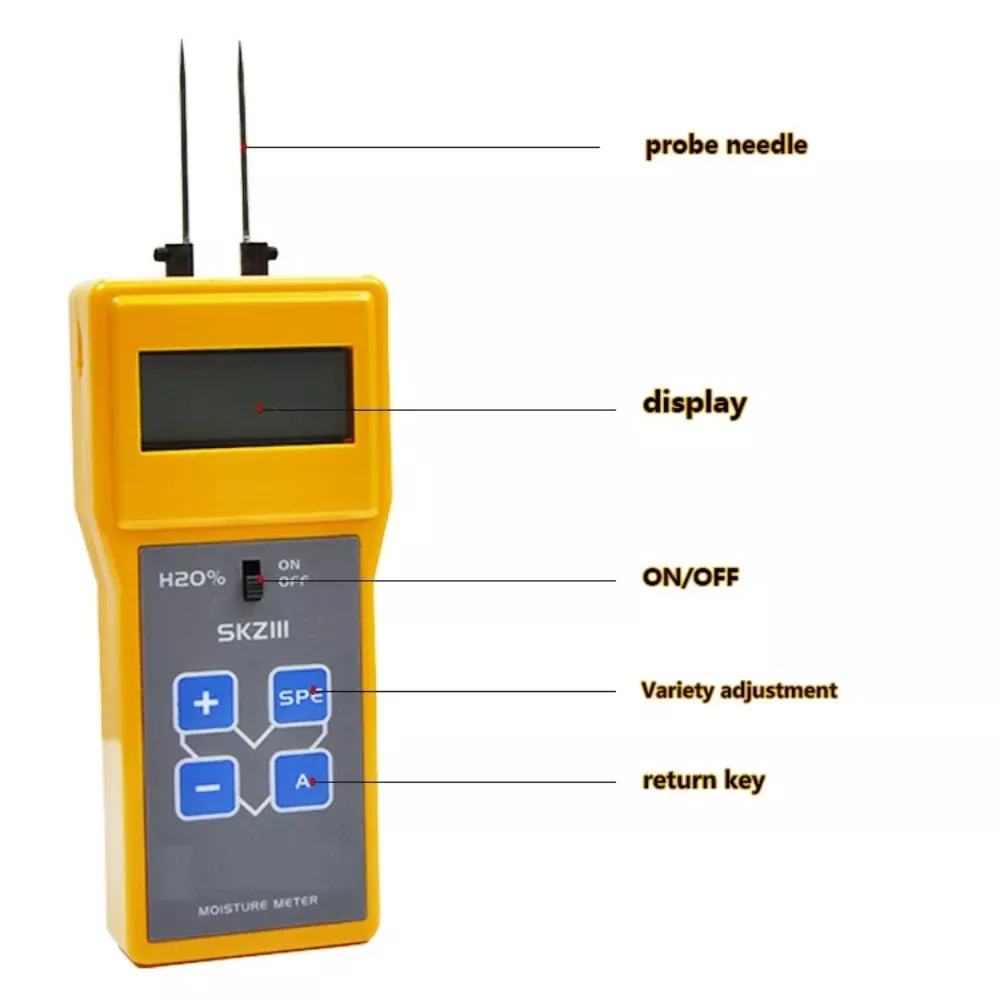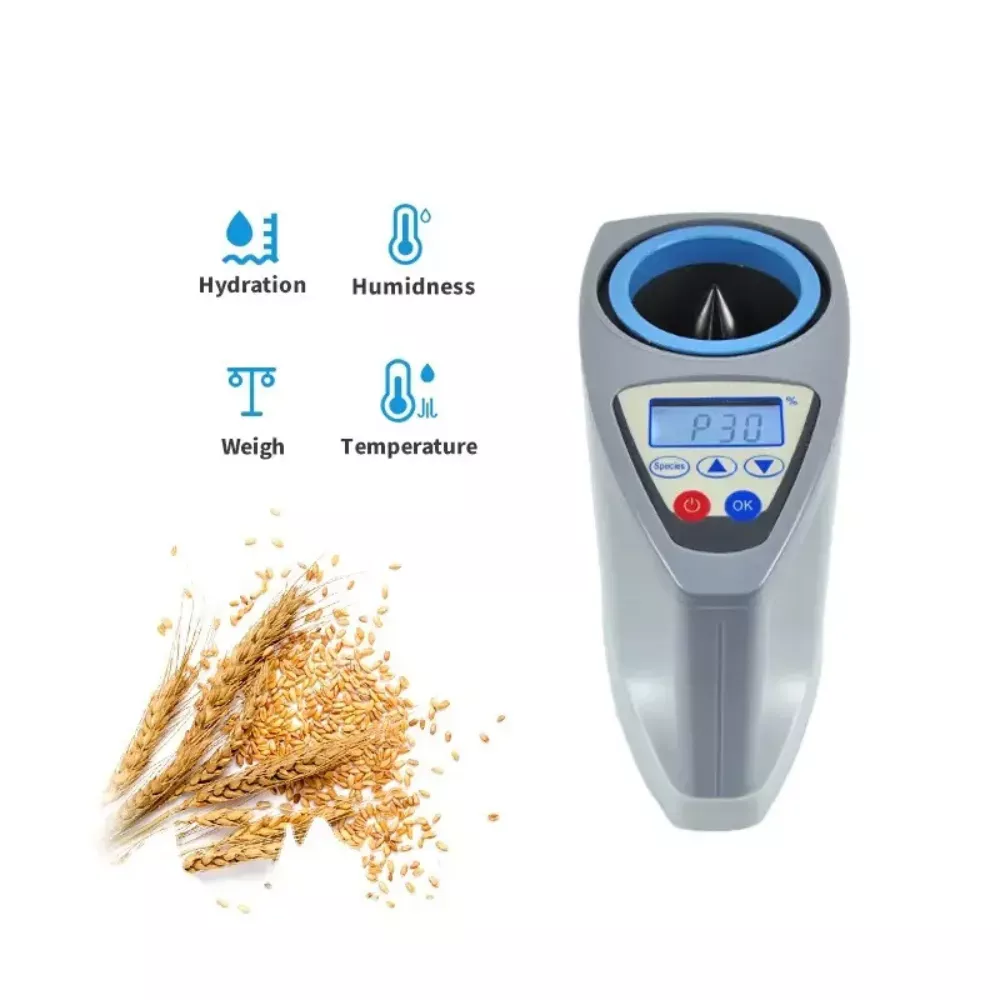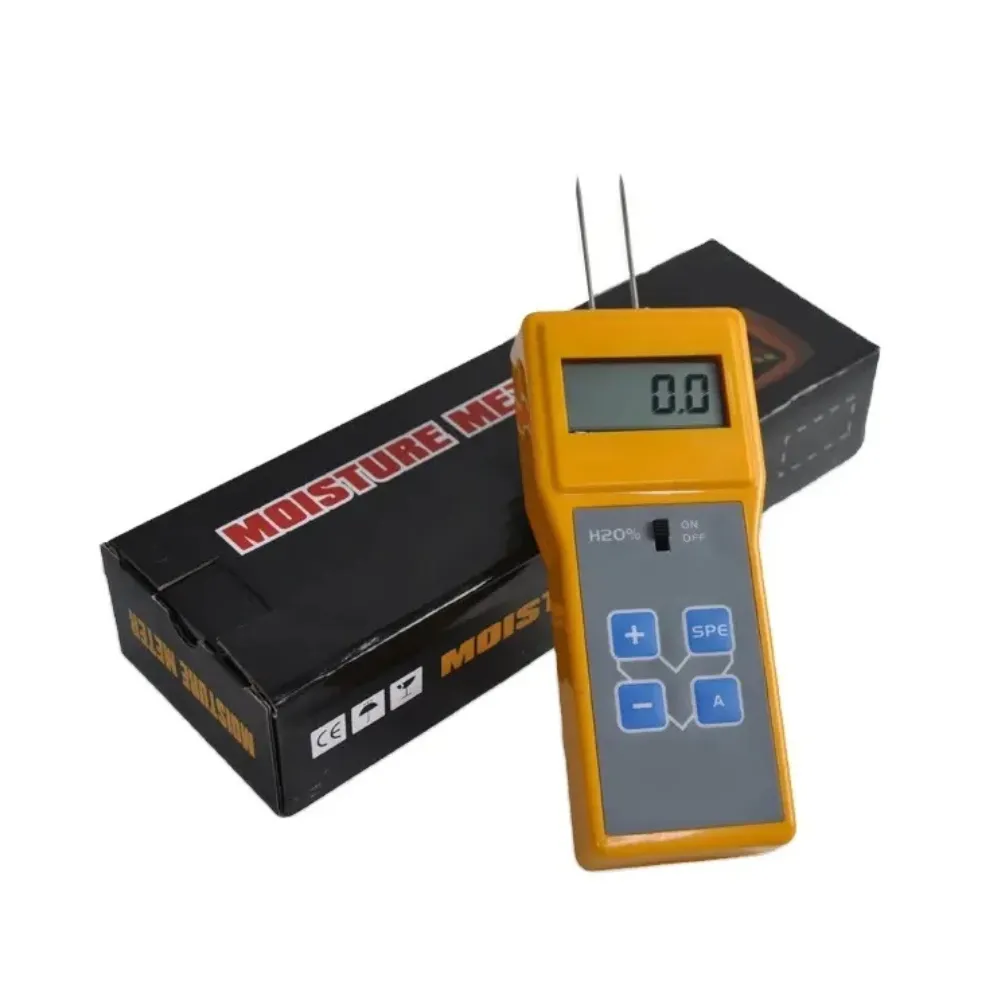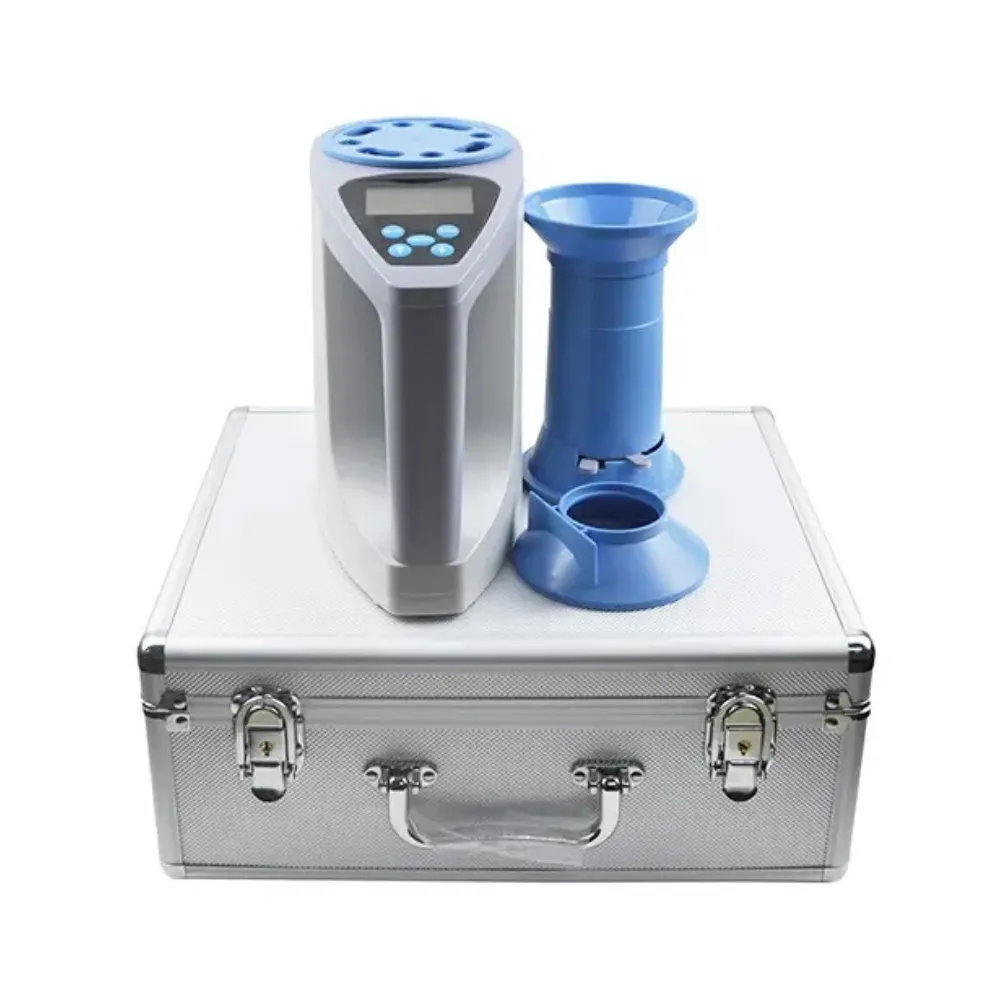
The Importance of Moisture Meters for Plants
Table of Contents
Moisture meters are essential tools for gardeners and farmers alike, as they provide a means to accurately measure the moisture content in the soil. This information is crucial for maintaining healthy plants, as it allows for the proper irrigation of crops and the prevention of overwatering or underwatering. In this article, we will discuss the importance of moisture meters for plants and how they can be used to ensure optimal growth and health.
First and foremost, moisture meters help gardeners and farmers to determine the ideal time to water their plants. By measuring the moisture content in the soil, these devices can provide valuable insights into the watering needs of a particular plant or crop. This is especially important in regions where water is scarce, as it allows for the efficient use of this precious resource. Additionally, moisture meters can help to prevent the overwatering of plants, which can lead to root rot and other diseases.

Another important aspect of moisture meters is their ability to monitor the moisture content in the soil over time. This can be particularly useful in understanding the water retention capacity of different types of soil. For example, clay soils tend to retain water for longer periods of time, while sandy soils drain more quickly. By understanding the water retention capacity of the soil, gardeners and farmers can adjust their watering schedules accordingly, ensuring that their plants receive the appropriate amount of water.
Identifying Drainage Issues
Furthermore, moisture meters can also be used to detect issues with the soil’s drainage. Poor drainage can lead to waterlogged roots, which can cause a variety of problems for plants, including root rot, fungal infections, and stunted growth. By using a moisture meter to monitor the soil’s moisture levels, gardeners and farmers can identify areas with poor drainage and take corrective action, such as adding organic matter or improving the soil’s structure.

A Tool for Environmental Learning
In addition to their practical applications, moisture meters can also be used as a tool for learning about the natural environment. By measuring the moisture content in different types of soil, gardeners and farmers can gain a better understanding of the local ecosystem and how it affects the growth and health of their plants. This knowledge can be invaluable in making informed decisions about plant selection, irrigation practices, and other aspects of gardening and farming.
Conclusion
In conclusion, moisture meters are an essential tool for gardeners and farmers, as they provide accurate measurements of the soil’s moisture content. This information is crucial for maintaining healthy plants, as it allows for the proper irrigation of crops and the prevention of overwatering or underwatering. Additionally, moisture meters can be used to monitor the soil’s moisture content over time, detect issues with drainage, and gain a better understanding of the local ecosystem. By using a moisture meter, gardeners and farmers can ensure the optimal growth and health of their plants, while also conserving valuable resources such as water.
Comments
Tags
Frequently Asked Question
The frequency depends on your plants and climate, but generally, checking once or twice a week is sufficient. During hot, dry periods or for plants with high water needs, you may need to check more frequently.
Yes, moisture meters can be used for most plants. However, some plants with unique water requirements may need specialized care beyond what a standard moisture meter can provide.
Yes, there are several types including probe meters, which are inserted into the soil, and non-invasive meters that use electromagnetic sensors. Some advanced models can also measure light and pH levels.
Most quality moisture meters are quite accurate. However, factors like soil composition and temperature can affect readings. It’s best to use the meter as a guide in conjunction with your knowledge of the plant’s specific needs.


